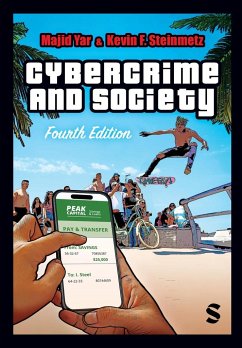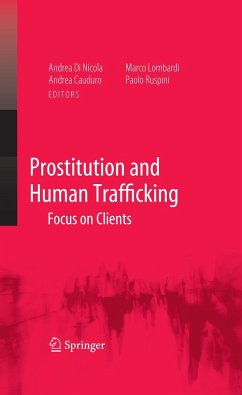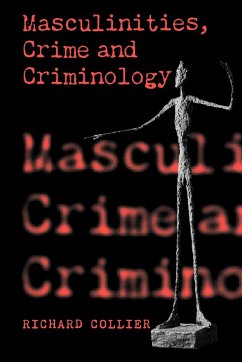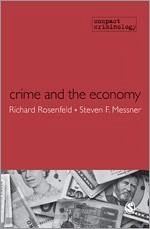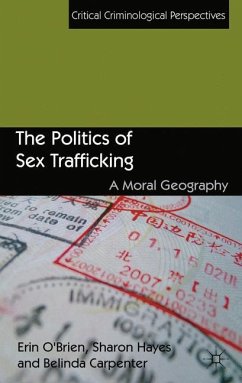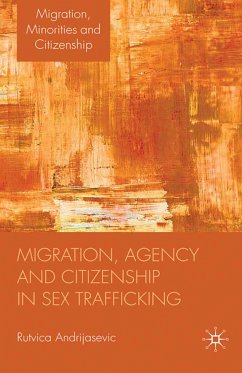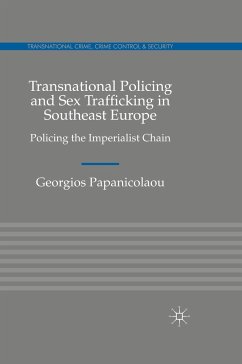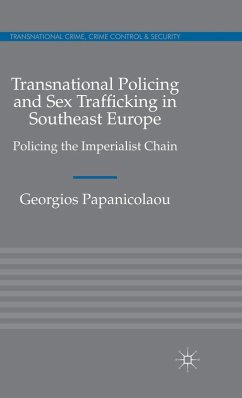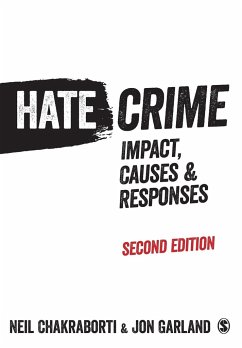
Trafficking and Global Crime Control
Versandkostenfrei!
Versandfertig in 6-10 Tagen
38,99 €
inkl. MwSt.
Weitere Ausgaben:

PAYBACK Punkte
19 °P sammeln!
In a world where global flows of people and commodities are on the increase, crimes related to illegal trafficking are creating new concerns for society. This, in turn, has brought about new and contentious forms of regulation, surveillance and control. There is a pressing need to consider both the problem itself, and the impact of international policy responses.This authoritative work examines key issues and debates on human trafficking, drawing on theoretical, historical and comparative material to inform the discussion of major trends. Consolidating current work on human trade debates, the ...
In a world where global flows of people and commodities are on the increase, crimes related to illegal trafficking are creating new concerns for society. This, in turn, has brought about new and contentious forms of regulation, surveillance and control. There is a pressing need to consider both the problem itself, and the impact of international policy responses.
This authoritative work examines key issues and debates on human trafficking, drawing on theoretical, historical and comparative material to inform the discussion of major trends. Consolidating current work on human trade debates, the text brings together key criminological and sociological literature on migration studies, gender, globalization, human rights, security, victimology, policing and control to provide the most complete overview available on the subject.
Suitable for students, academics and scholars in criminology, criminal justice, sociology and international relations,this book sheds unique light on this highly topical and complex subject.
This authoritative work examines key issues and debates on human trafficking, drawing on theoretical, historical and comparative material to inform the discussion of major trends. Consolidating current work on human trade debates, the text brings together key criminological and sociological literature on migration studies, gender, globalization, human rights, security, victimology, policing and control to provide the most complete overview available on the subject.
Suitable for students, academics and scholars in criminology, criminal justice, sociology and international relations,this book sheds unique light on this highly topical and complex subject.





